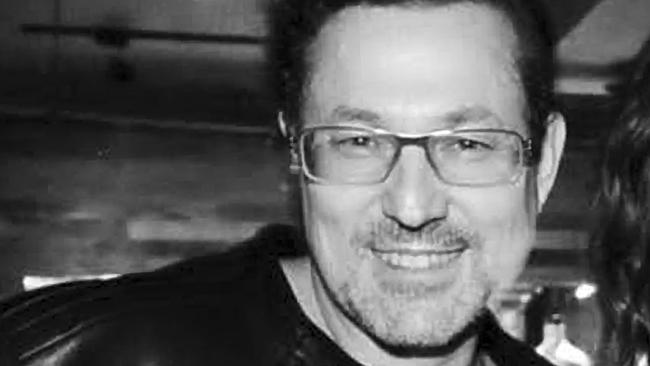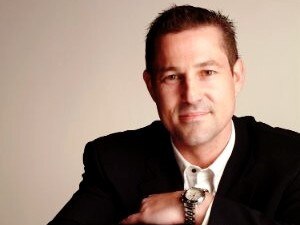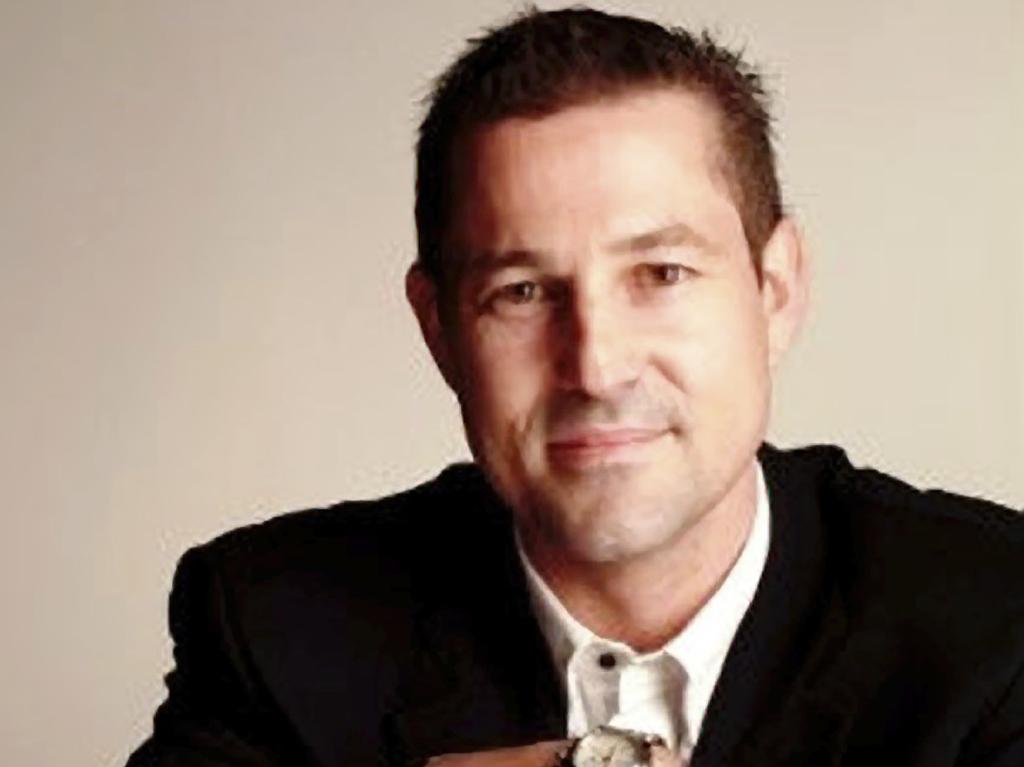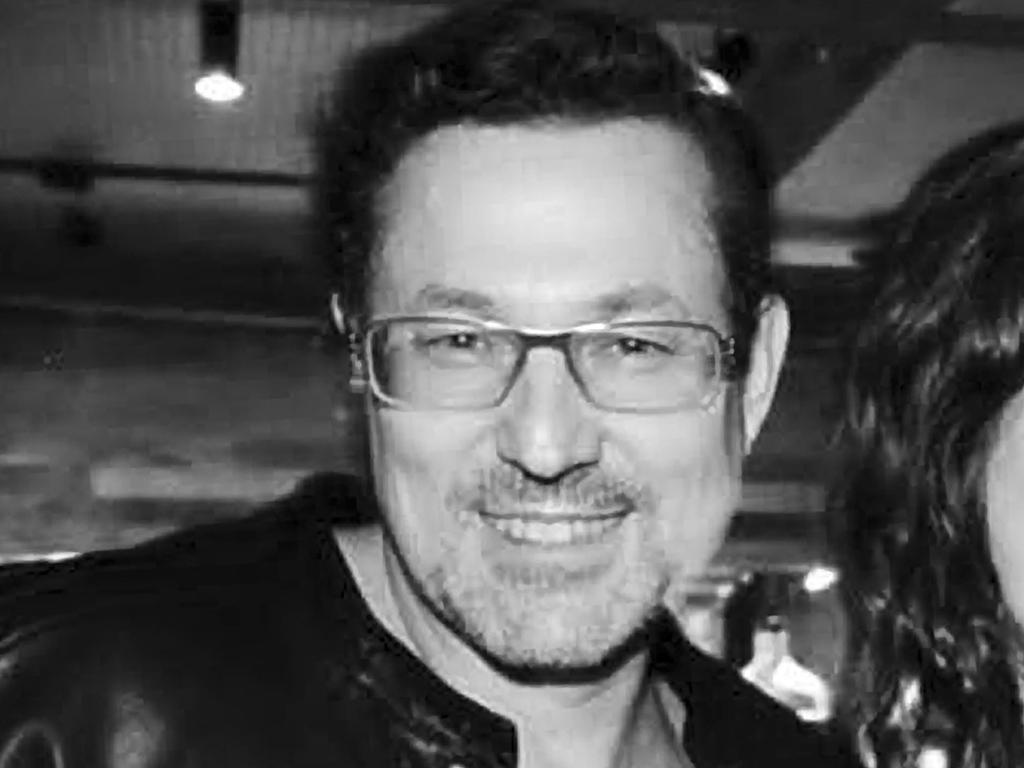Australian man Alexander Csergo: a networker, or working for Chinese intelligence agencies?
Is Bondi man charged with foreign interference offence, Alexander Csergo, a networker, or working for the Chinese Ministry of State Security?

In 2018, Alexander Csergo attended a drinks reception with other expatriate business types at a hotel on the famed Bund promenade in Shanghai.
The Australian businessman was well known in the expat scene through his job as a data analytics consultant, and was a regular at networking events such as the Chat China tourism forum, where he posed for a photo with executives from an Italian car company.
With a solid career in Australia, Singapore and China, he knew people across industries as diverse as telcos, marketing, car manufacturing and sales, and the hotel industry. Now, he’s in court accused of using his knowledge and access to sell Australian secrets to two spies working for the Chinese Communist Party.
The arrest of Csergo, 55, last week at the Bondi home where his elderly mother resides marked the first time anyone in Australia had been charged with the offence of reckless foreign interference, which carries a maximum 15-year jail term.
He is only the second person charged under the National Security Legislation Amendment (Espionage and Foreign Interference) Act 2018, legislation introduced by former prime minister Malcolm Turnbull in response to industrial-scale foreign interference and espionage by the Chinese Communist Party.

National security adviser James King said the laws lowered the threshold for national security criminal conduct. “Those laws removed any need to prove an accused’s conduct was reckless to whether it would prejudice Australia’s national security, replacing it with the option to instead prove it was reckless to whether it would support foreign intelligence activities,’’ he said.
“The prosecution must also prove an accused acted for the foreign principal, including by accepting instructions or payment. They must prove their conduct was covert or deceptive.’’
Csergo had a number of social media channels but was prolific mainly on the professional business network LinkedIn. Just 24 hours before his 6am arrest on Friday, April 14, he was posting cheerful encouragement about other people’s careers on the site.
It was on LinkedIn that police alleged Csergo was first approached by someone claiming to be from a think tank. Her name was apparently Evelyn and she wanted to discuss lithium mining, the court heard. She later is alleged to have introduced Csergo to her boss, Ken.
It’s alleged Csergo would meet the pair in deserted cafes and restaurants – a curious phenomenon in Shanghai, the world’s third-most populous city, with more than 26 million people.
The court heard prosecution claims that Csergo suspected Ken and Evelyn were handlers assigned to him by the Ministry of State Security. Police allege he took envelopes of cash from the pair in return for handwritten reports on defence, national security and economic issues. These are alleged to have covered the AUKUS nuclear submarine deal and the Quad alliance, as well as details about lithium and iron ore mining, and information about German defence companies. He didn’t bank the cash, but spent it, the court was told.
He was arrested after recently returning from China, where he had lived for 20 years, allegedly armed with a “shopping list’’ of information he was tasked to gather.

According to his LinkedIn profile, Csergo attended UNSW from 1988-1990, studying literature, psychology, philosophy, science and technology.
His first job out of university appears to have been with Telstra, working in Sydney in the enterprise arm of the company. Within 18 months he’d moved on to data analytics, working with clients including Cellarmasters and Hyatt Hotels, before joining the Leo Burnett advertising agency, then moving to China in 2002 in a senior role with a company called Grey Group.
His LinkedIn profile is detailed, tracing most of his career moves until the present, where he is listed as “president global innovation and transformation’’ for a company known as Conversys.
In February 2022 and again in February this year, Mike Burgess, the director-general of ASIO, used his annual threat assessment to warn that spies were approaching people on social media with the intention of recruiting them.
While Mr Burgess’ comments appeared to relate to those spruiking security clearance, he could have been talking about people just like Csergo, whose profile advertised his connections and data skills. “On any of the popular social media or internet platforms, they make seemingly innocuous approaches – such as job offers,’’ Mr Burgess said.
“This then progresses to direct messaging on different, encrypted platforms, or in-person meetings, before a recruitment pitch.’’
It is not suggested Csergo had security clearance. It is also not known what information, if any, he could have accessed beyond what is in the public domain.
His high-profile lawyer, Bernard Colleary, has told the court all the information provided by Csergo was publicly available.

It is not unusual for expatriate consultants in many countries to use their language skills and knowledge of their home countries to package up publicly available material such as media reports, academic studies and parliamentary speeches and sell it to hosts eager to learn about political and business environments of their home countries.
It would be unusual to allegedly provide the information to someone you suspected of being an agent of the Ministry of State Security.
“If this accused (Csergo) is convicted for alleged conduct that includes providing open source information, it will establish a precedent that human resource matters: that collecting and compiling, even if that information is open source, can render ‘support’ to foreign intelligence activities,’’ King said.
The first man charged under the 2018 laws, Melbourne community leader Di Sanh (Sunny) Duong, was arrested in 2020 and charged with preparing for an act of foreign interference, which carries a maximum penalty of 10 years’ jail.
Police have alleged a $37,000 donation he made to a hospital in Melbourne was designed to curry favour with former Coalition minister Alan Tudge, in order that he could approach Mr Tudge and seek to influence government policy in a manner that would benefit the Chinese government.
Mr Duong has denied the charge. His matter is listed in the County Court of Victoria for a directions hearing on April 28, and is tentatively listed for a month-long trial in November – three years after he was arrested.





